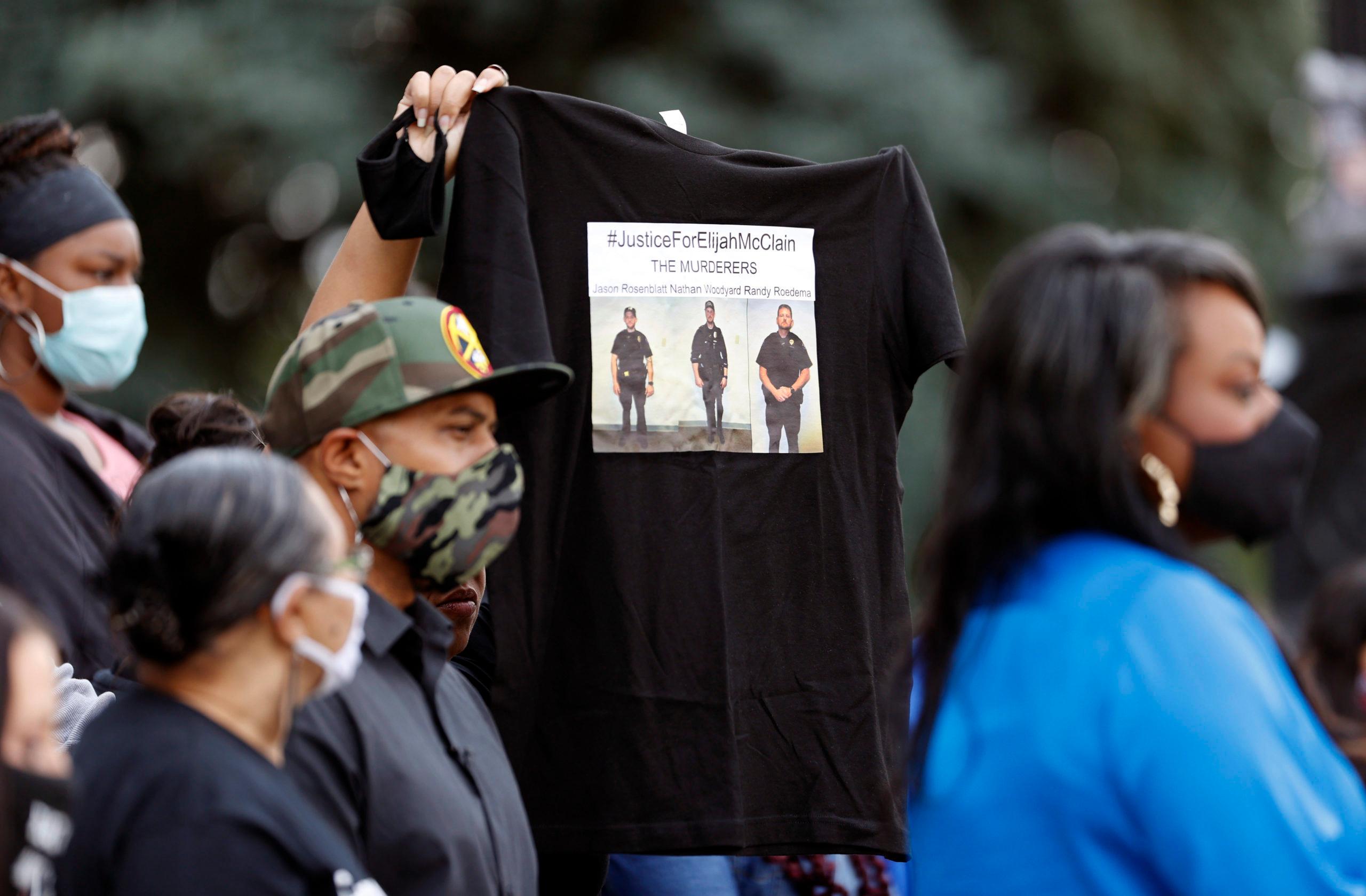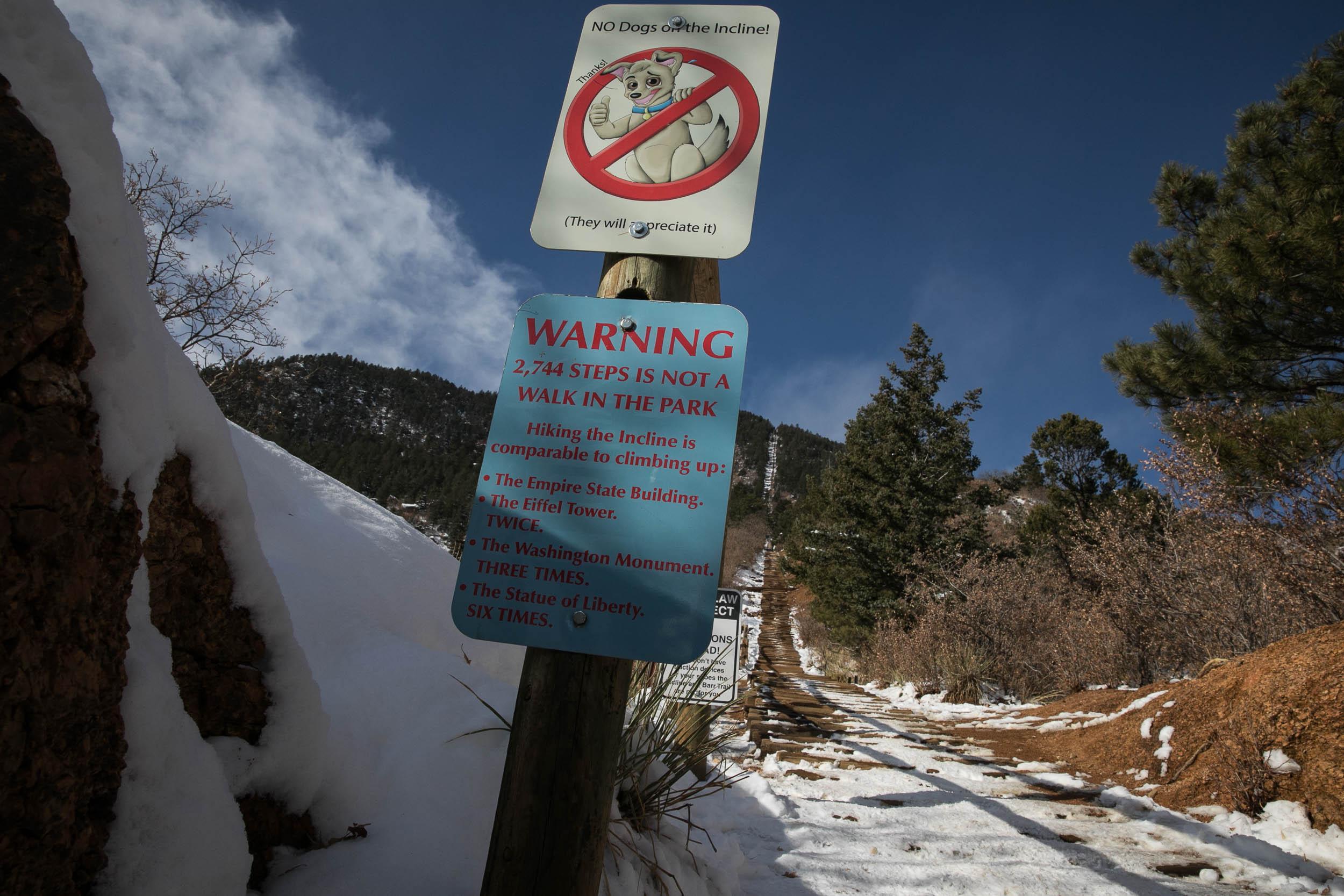
Collectively, the people who encountered Elijah McClain on Aug. 24, 2019, failed him, according to a 32-page criminal indictment filed today in Adams County District Court.
Aurora Police officers Nathan Woodyard, Randy Roedema and Jason Rosenblatt used way too much force on McClain, an unarmed 23 year-old, from the start, the indictment said. This included two carotid holds and a “bar hammer lock” where the officer admitted to “cranking” McClain’s shoulder back and hearing it pop three times, according to the indictment. They didn’t pay attention to his vital signs when they had him on the ground. They ignored him when he said he couldn’t breathe. They didn’t notice when he vomited into the mask he was wearing.
Then, when paramedics Jeremy Cooper and Peter Cichuniec, arrived, they didn’t tend to him either.
“Cooper and Cichuniec stood near Mr. McClain but didn’t speak to him or ask him questions,” the indictment said.
The paramedics watched one of the officers, Roedema, forcibly push McClain to the ground and say, “We’ll just leave him there until the ambulance gets here and we’ll just put him down on the gurney.”
Without talking to McClain or physically touching him, they diagnosed him with “excited delirium,” which means he was exhibiting “super human” strength, according to the indictment.
The indictment said that Cooper told the officers he would administer ketamine, to which Roedema replied, “perfect, dude, perfect.”
Responders incorrectly assessed McClain's weight when administering ketamine
Cooper and Cichuniec were both trained on the side effects of ketamine, and they also were both trained on getting the right dosage according to the subject’s weight, the indictment said. Cooper estimated Mr. McClain’s weight to be approximately 200 pounds. That means he should have received 453 mg of ketamine, according to the indictment.
They administered 500 mg of ketamine, which would have been slightly too much for a 200 pound person, but they overestimated his weight by 57 pounds.
By the time McClain was placed on the gurney, McClain was snoring, which is a sign of ketamine overdose.
“Shortly after Mr. McClain was loaded into the ambulance, the paramedics discovered that Mr. McClain had no pulse and was not breathing,” the indictment said.
Paramedics performed CPR, intubated him and administered epinephrine directly into his shinbone. McClain eventually regained a pulse, but he never regained consciousness.
The indictment said McClain suffered a “hypoxic ischemic event,” or decreased oxygen to the brain.
McClain was declared brain dead on Aug. 27, 2019. He was on life support and he became an organ donor.
“Mr. McClain was a normal, healthy 23 year-old man prior to encountering law enforcement and medical response personnel,” the indictment said. “A forensic pathologist opined that the cause of death for Mr. McClain was complications following acute ketamine administration during violent restraint by law enforcement … the manner of death was homicide.”








